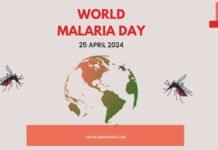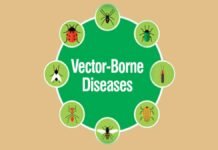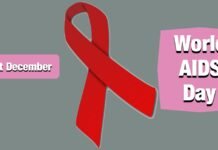
Geneva: In a landmark study published in Biomedicine, the World Health Organization (WHO) has spotlighted 17 high-priority pathogens urgently requiring vaccine development. The report is WHO’s first global effort to prioritize diseases based on factors like antimicrobial resistance and socio-economic impacts. This list includes longstanding threats like HIV, malaria, and tuberculosis (TB) diseases that collectively claim an estimated 2.5 million lives annually as well as emerging pathogens that pose escalating risks in specific regions.
The study places renewed focus on pathogens such as Group A Streptococcus and Klebsiella pneumoniae, which are increasingly resistant to existing treatments and represent significant threats in various communities. According to the WHO, the rapid development of new vaccines against these pathogens is essential to curb the rising rates of antimicrobial resistance and prevent further strain on health systems worldwide.
“Lives Over Profits”: WHO Stresses Equitable Vaccine Prioritization
Kate O’Brien, WHO’s Director of Immunization, Vaccines, and Biologicals, emphasized that this study seeks to shift the focus of vaccine development from purely profit-driven decisions to life-saving priorities. “Too often, global decisions on new vaccine development hinge on investment and profit margins rather than the potential to save lives,” O’Brien stated. She highlighted that this study leverages vast regional expertise and data to assess pathogens that heavily impact communities and impose severe healthcare costs on families and health services alike.
Pipeline Progress and WHO’s Immunization Agenda 2030
The WHO also noted that vaccines for several prioritized pathogens including dengue virus, Group B Streptococcus, Escherichia coli, Mycobacterium tuberculosis, and respiratory syncytial virus are in the final stages of approval. These advancements support WHO’s ambitious Immunization Agenda 2030, which aims to expand vaccine accessibility and protect communities worldwide from severe illnesses.

With this comprehensive analysis, WHO is calling on global health organizations, policymakers, and pharmaceutical companies to prioritize vaccine development for these 17 pathogens, addressing pressing public health needs. As WHO urges swift action, the hope is to accelerate innovations in vaccine research, ultimately enhancing resilience against future pandemics and safeguarding vulnerable populations.















































